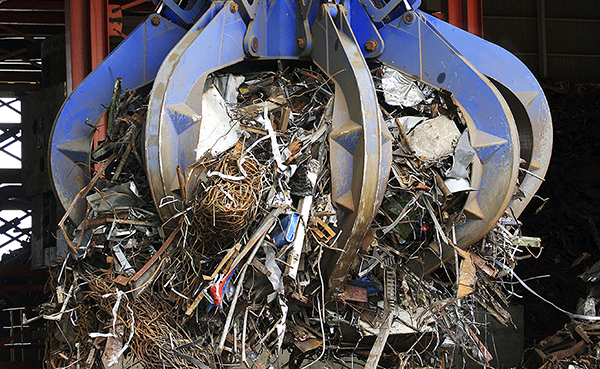The German scrap industry is suffering from global bottlenecks and semiconductor shortages, despite strong demand from home and abroad, Daniela Entzian of German steel recyclers federation BDSV tells Kallanish.
“The problems are particularly hard for the automotive manufacturers, which to a large extent contribute to the volume of new scrap,” she noted during a Thursday meeting. “However, so far this problem has not been reflected in the order books of the steel industry.”
Trade barriers due to the revision of the EU’s Waste Shipment Ordinance are also making the scrap industry worried, she added. “In its new proposal published on 17 November, the European Commission does not differentiate between mixed or hazardous waste and raw materials recycling. This will create competitive disadvantages compared to primary raw materials that are imported with a high carbon footprint.”
According to the association, EU scrap suppliers also face serious competitive disadvantages compared to competitors from countries in which secondary metals are not subject to the waste regime. An example is the US, the second-largest scrap exporter in the world after the EU.
“Currently, over 20 million tonnes/year of steel scrap are sold from the EU to third countries,” BDSV said. “In order to be able to use these quantities in Europe, capacities have to be expanded and manufacturing processes changed.”
In November, the European Commission revised the EU Waste Framework Directive which proposes far-reaching restrictions on international trade in scrap. “We reject these restrictions on international trade because this leads to lower scrap prices within Europe and economic restrictions make recycling no longer possible,” BDSV observed.
At the same time, the global volume of scrap supply is increasing and in 2030 will break the 1 billion tonne barrier, the association observes.
“Export restrictions are therefore completely unnecessary,” said BDSV president Andreas Schwenter. “The restrictions on the cross-border scrap trade will lead to rising CO2 emissions and undermine climate protection efforts, because climate protection doesn’t stop at borders.”
Svetoslav Abrossimov Bulgaria






